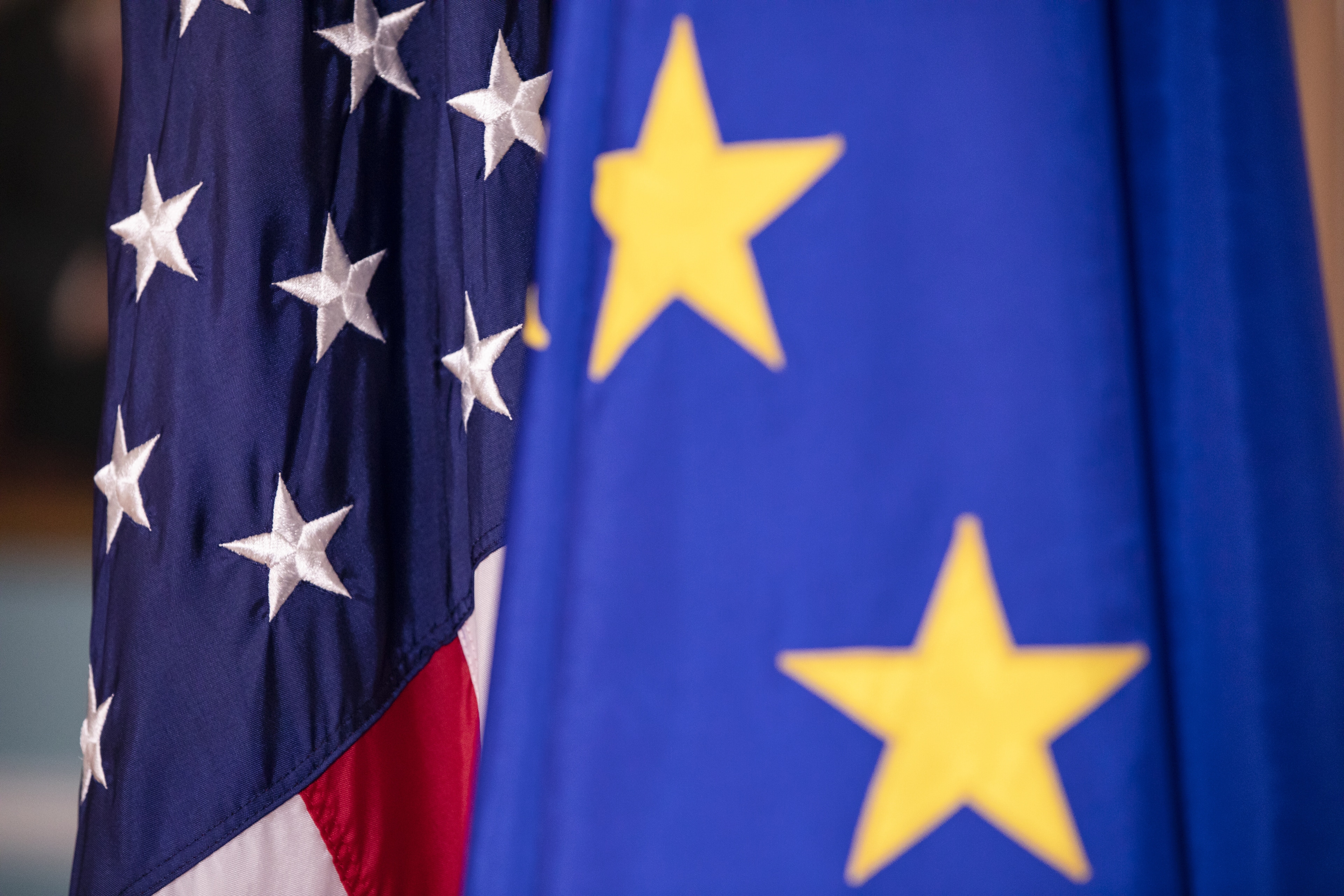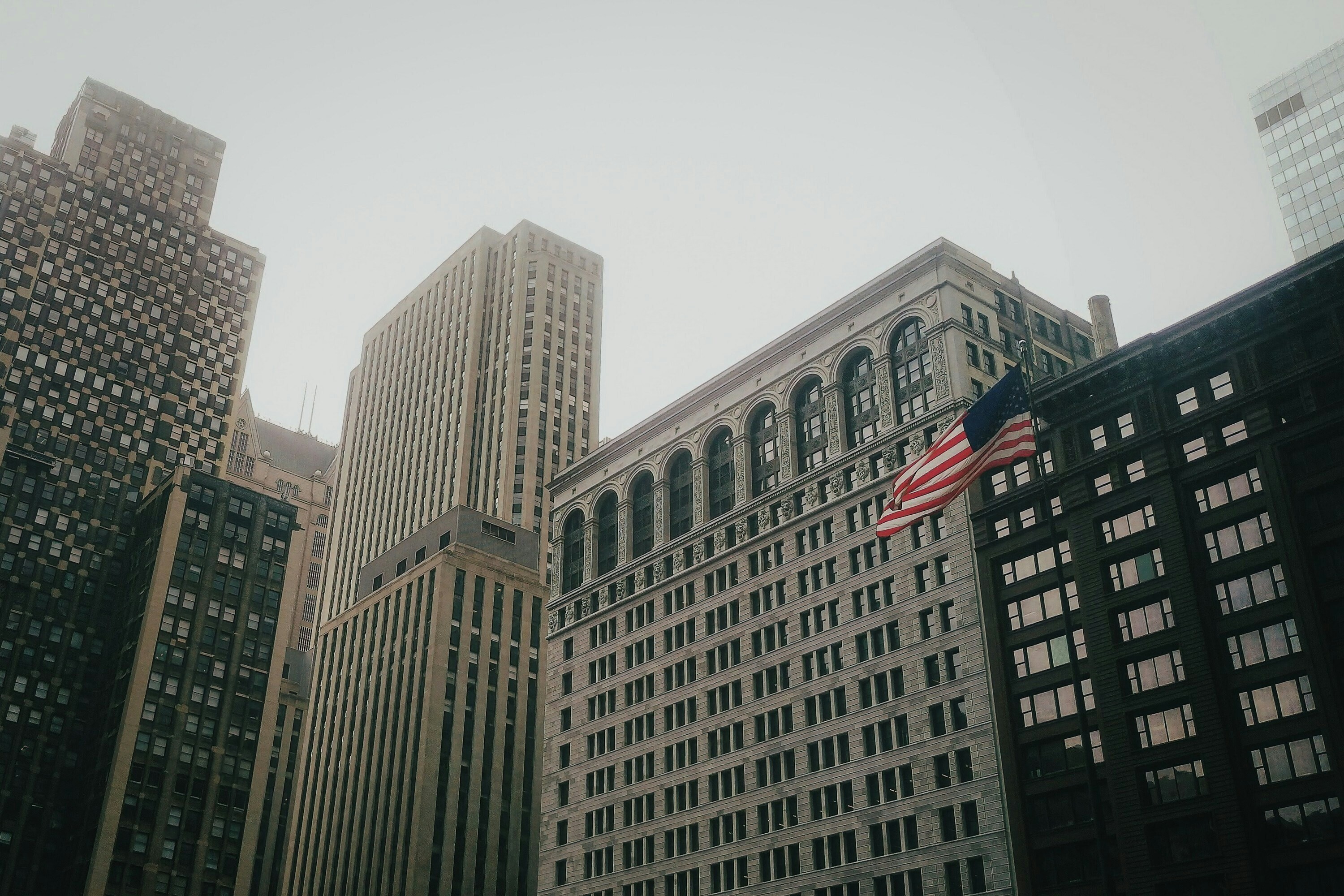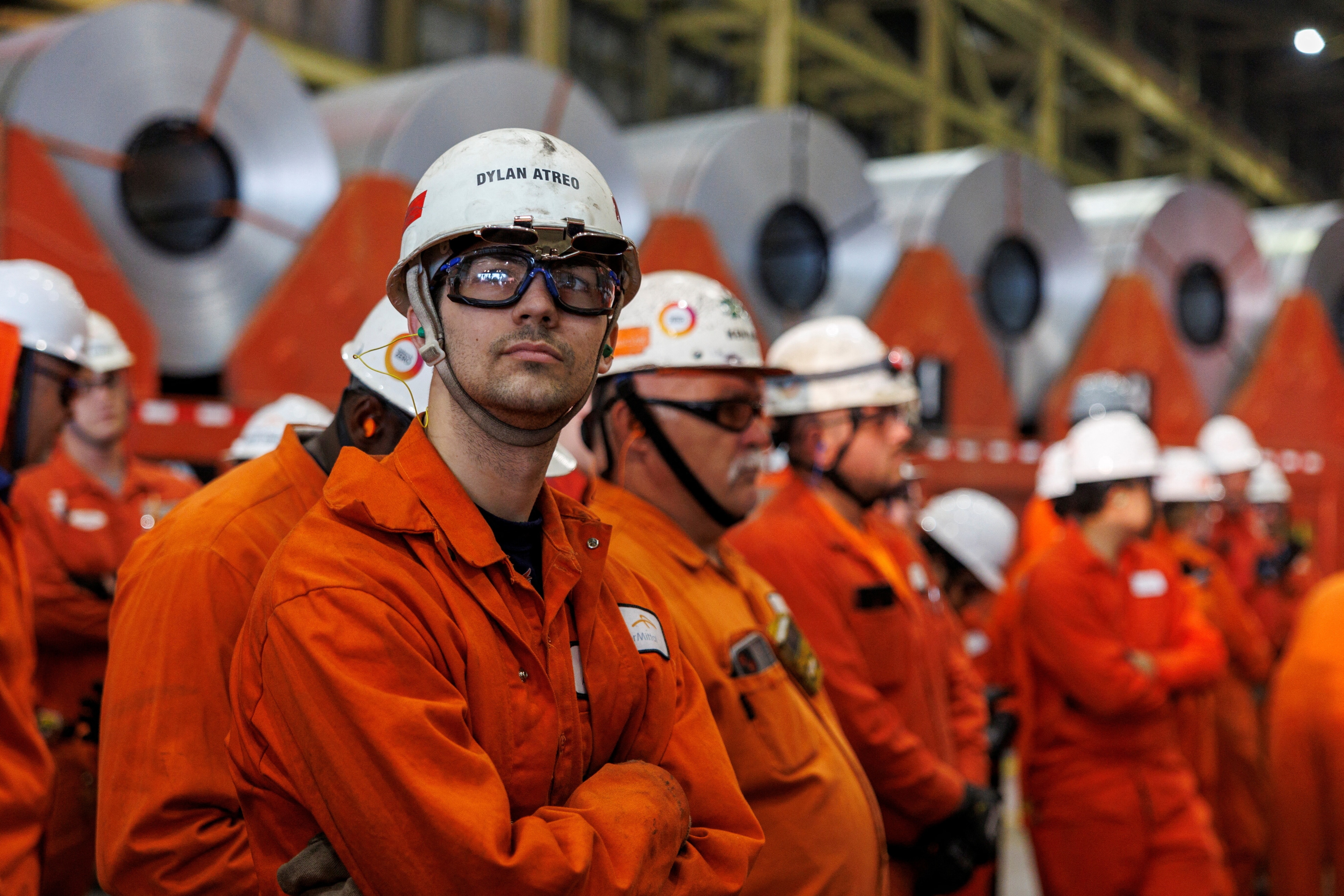Sterling slumps on Brexit fears, US and Russia announce Syria ceasefire and the market for 'dumb' phones

A worker arrives at his office
Image: REUTERS/Eddie Keogh
Stay up to date:
Economic Progress
Sterling hit a seven-year low as David Cameron defended Britain’s membership in the EU against a rising tide of opposition within his own Conservative party.
As currency markets took fright, Mr Cameron attempted to crush the insurgency led by London mayor Boris Johnson, suggesting in the House of Commons that he was backing a vote to leave the EU in the June 23 referendum only to advance his ambitions of becoming prime minister. (FT)
In the news:
Seas rising at fastest rate in last 28 centuries
Scientists on Monday confirmed previous estimates, but with a larger data set, that if global emissions continue at a high rate over the next few decades, oceans could rise as much as three to four feet by 2100. (NYT)
Obama looks on the sunny side
Anger over a halting — and unequal — economic recovery has boosted the candidacies of Donald Trump and Bernie Sanders. But President Barack Obama is using his annual economic report to Congress to portray an economy that was in relatively rude health after weathering one of the most brutal crises in history. Sign up for our daily US politics email here. (FT)
Not a drop to drink
More than 10m people in India’s capital, Delhi, are without water after protesters sabotaged a key canal that supplies much of the city during a demonstration overcaste job quotas. (BBC)
Drones to launch from Sicily
Italy is to allow the US to launch drone strikes against Isis targets in Libya from an air base in Sicily. The jihadi group has been using its branch in the north African country to expand and deepen its reach across the continent. (FT, NYT)
US and Russia announce Syria ceasefire
The plans call for a cessation of hostilities to take effect on Saturday, but will exclude militants from Isis, Nusra Front and other groups the UN deems terrorist organisations. Under the terms, the Assad regime and allies will cease attacks against rebel groups, and vice versa — but it leaves a loophole that allows continued attacks, including air strikes, against terror groups. (Reuters)
It’s a big day for:
US-China relations Foreign minister Wang Yi is visiting the US amid increasing tensions in the South China Sea. Beijing said its missile deployments on disputed islands were no different from US military installations on Hawaii. (The Guardian)
Energy traders Ali bin Ibrahim Al-Naimi, Saudi Arabia’s minister of petroleum and mineral resources, delivers a speech at an energy conference in Houston, where his comments will be closely watched by those in the industry. The audience will have one question: has the most powerful man in energy finally changed course? (FT)
Food for thought
The end of the Mugabe era
After a promising start at Zimbabwe’s independence in 1980, Robert Mugabe has guided his country down into a political and economic abyss. With his 36 years at the helm coming to a close, the battle to succeed him is likely to be far from ordinary. (FT)
The best temperature for a good sleep
To get a really decent night’s rest, you may need to set your thermostat a few degrees lower. Research has found that room temperatures as low as 16C are best if you like to pile on the blankets. (WSJ)
Boris has failed the Churchill test
In failing to appreciate the wider international context for his actions, London mayor Boris Johnson is following a path distinctly different from his hero Winston Churchill, writes the FT’s Gideon Rachman. “Churchill was the very opposite of a Little Englander. That is why he understood so quickly what the rise of Hitler meant for Britain, Europe and the world.” (FT)
The economic consequences of Brexit
In the first part of a special series, the FT investigates the various possible economic scenarios for the UK if voters on June 23 opt for “Brexit”, drawing a line under Britain’s four decades in the bloc. (FT)
The market for ‘dumb’ phones
It’s not all about smartphones these days. There is a small but busy trade in phones that are simple, cheap and free from the tyranny of constant online connectivity. Nokia is promoting handsets with a month-long battery life, while NoPhone Zero is offering just a plastic rectangle. It’s a joke, of course, but one that is very telling. (FT)
The man who narrates his dreams
Every time that Dion McGregor fell asleep, he would narrate his dreams in astonishing detail. Luckily, his flatmate recorded them, and the resulting tapes reveal the truly strange places our minds go to at night. (BBC)
Video of the day:
The FT pub quiz: what has the EU done for Britain?
Economics editor Chris Giles tests your knowledge on Britain and the European Union and asks: has being in the EU been good for the UK? (FT)
Don't miss any update on this topic
Create a free account and access your personalized content collection with our latest publications and analyses.
License and Republishing
World Economic Forum articles may be republished in accordance with the Creative Commons Attribution-NonCommercial-NoDerivatives 4.0 International Public License, and in accordance with our Terms of Use.
The views expressed in this article are those of the author alone and not the World Economic Forum.
Forum Stories newsletter
Bringing you weekly curated insights and analysis on the global issues that matter.
More on Economic GrowthSee all
Li Dongsheng
July 31, 2025
Charlotte Edmond
July 30, 2025
Naoko Tochibayashi
July 30, 2025
Matt Watters
July 29, 2025
David Elliott
July 28, 2025
Michael Wang
July 28, 2025






